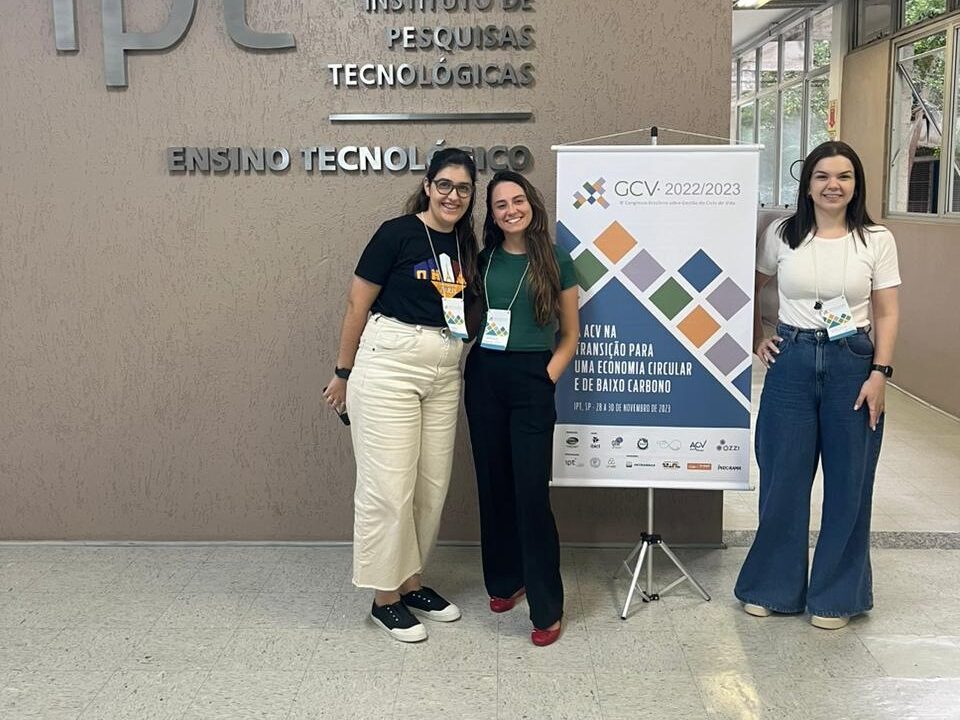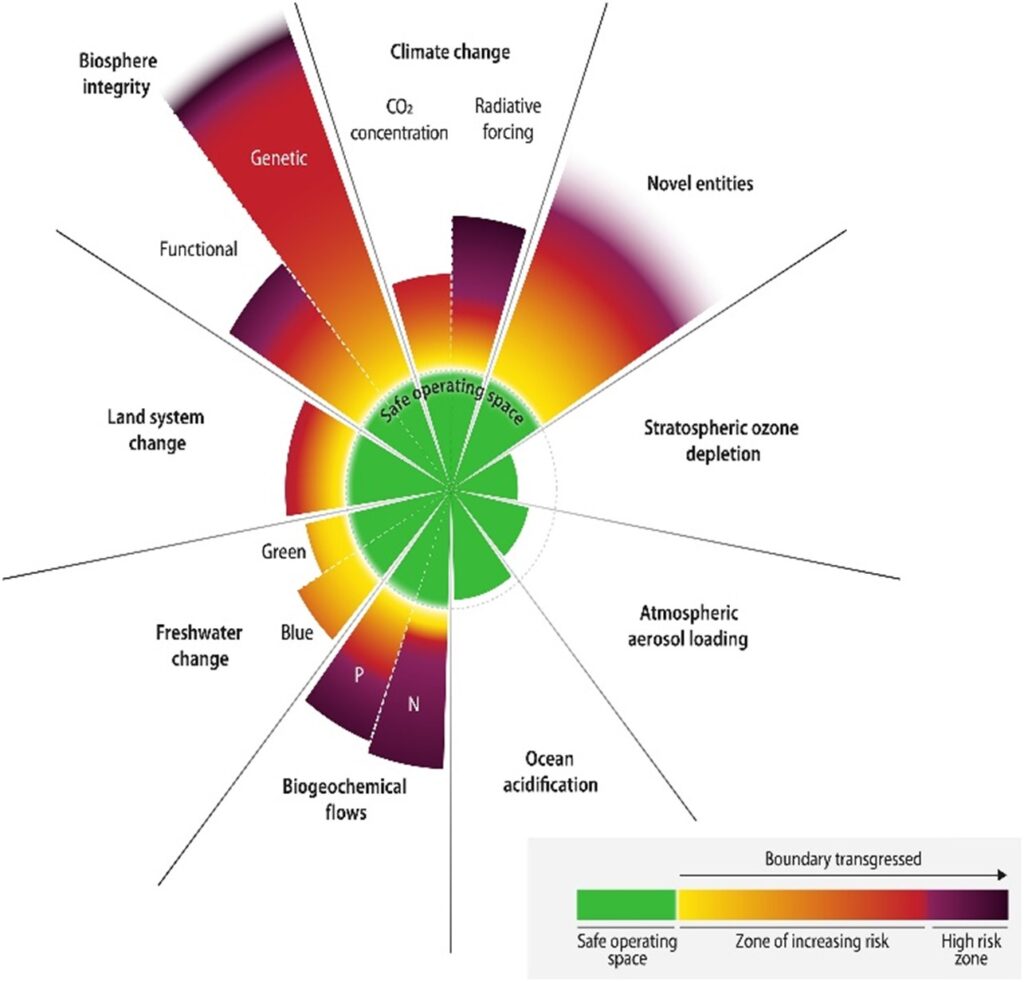
Given the urgent global need to reduce Greenhouse Gas (GHG) emissions and promote circularity in value chains, debate and put into practice the concepts and applications of Life Cycle Assessment (LCA) in the transition to a circular economy Low carbon emissions have become a fundamental issue for companies, governments, educational and research institutions, and other segments of civil society.
This and other challenges were the topics discussed during the 8th Brazilian Congress on Life Cycle Management, held between the 28th and 30th of November, in the city of São Paulo, sponsored by the Eco+ Foundation. Organized by Brazilian Life Cycle Association (ABCV), the event seeks to connect academia, the productive sector and public authorities to encourage the exchange of knowledge, the co-creation of technological solutions and the identification of opportunities for synergy in the use of the methodology.
Over the course of three days, participants were able to participate in short courses, lectures and oral sessions led by experts, who reflected on the challenges and opportunities in using CVA as a tool in the process of reducing Greenhouse Gas (GHG) emissions and promoting circularity in value chains.
You short courses presented topics such as: ACV, Labeling and EPD (Environmental Product Declarations), the English term for Environmental Product Declarations, which advocates the presentation of transparent, verified and comparable information about the environmental impact in the life cycle of products. They also discussed the tools (software) available on the market and Social LCA, a technique used to evaluate the social and socioeconomic impacts linked to products or services.
Already the speeches were more diverse and brought studies on global and sectoral scenarios, through provocations and insights how to achieve absolute sustainability, how to prove sustainability in products for consumers, what are the solutions for waste post-consumer, decarbonization journeys within the private sector, among others.
In one of the introductory lectures, an update to the approach known as “Planetary Limits” was shared, based on the study Earth beyond six of nine Planetary Boundary1, published in September this year, which concluded that 6 of the 9 planetary limits (as shown in the figure on the side) were transgressed. This means that human activities are increasingly impacting life and climate on Earth, accelerating changes that put at risk the dynamics that support safe life on the planet and potentially triggering irreversible changes.

In addition to the global sustainability and methodological issues of the ACV, some common difficulties in the acvista environment were also highlighted, such as the need for greater transparency in the studies that are carried out within organizations, with the disclosure of technical details in the reports that enable analyzes with a greater basis for the stakeholders. In addition to a great pain in several sectors, which is the supply of trained professionals in the area of LCA.
Still on the search for transparency, the event as a whole encouraged knowledge sharing initiatives. In the oral sessions, different members and people from the community presented practical cases divided basically into the following segments: industrial, agro-industrial, public policies, civil construction, waste, energy and eco-efficiency – with quick presentations on the work and projects developed in recent years by the participants. Much of this work was related to the topics of renewable sources, biofuels, packaging, climate emissions, labels, effluents, material recycling, etc.
Eco+ Solutions
We, at Fundação Eco+, were present at the event as a sponsor and source of content, with the presentation of three face-to-face sessions, where we shared some results of practical applications based on LCA. The first session was “Green Labels: the influence on the consumption process and the importance of dialogue with the consumer”, taught by Rebeca Venâncio (Foundation analyst and acvista), who discussed the importance of using communication to talk about sustainability with the consumer. She argued that it is necessary to present the environmental impacts generated by the manufacture of products, aiming at transparency and raising people's awareness, making environmental information common, as is the case with nutritional data on product labels.
Then, it was Gabriela Santos’ turn (Foundation analyst) to present the successful example of “Demarchi & Jaboatão + Eco-efficient: the success between engagement and eco-efficient management of industrial operations”. Gabriela represented the Fundação Eco+ and BASF team, responsible for implementing the management model that places eco-efficiency as a priority in the production processes of BASF units in the decorative and automotive paints segment. Implemented more than 10 years ago, the initiative has already achieved significant results in reducing environmental impacts, such as GHG emissions and waste of resources, in addition to economic gains.
In the last session, Vitória Lanes (Foundation analyst and activist) presented the “Eco-efficiency Analysis of CESB Productivity Champions”, a project developed in partnership with the Soja Brasil Strategic Committee, which calculates, through Eco-efficiency Analysis, the potential environmental impacts of soy production from national producers with the highest productivity. Showing that better agricultural practices can reduce the environmental impact of soybean production and encouraging other producers to adopt more sustainable agricultural production measures.
As third sector agents, acting in a consultative manner and producing knowledge in the public interest, we at Eco+ understand that participation and contribution to forums such as the GCV Congress support organizations to find and develop more sustainable paths.
Share